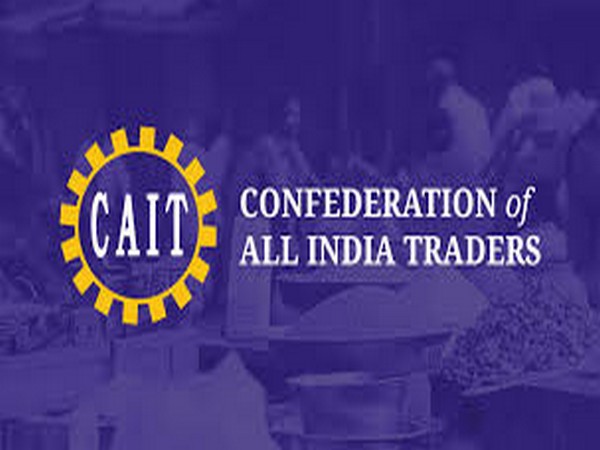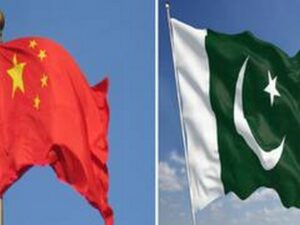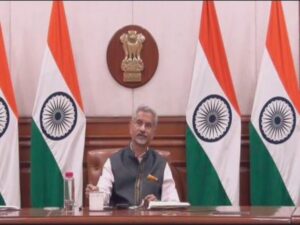
New Delhi [India], July 21 (ANI): Trade body Confederation of All India Traders (CAIT) has written a letter to the Chief Ministers and Finance Ministers of all the States demanding withdrawal of the recently imposed Goods and Services Tax (GST) on pre-packed and labelled food grains. The trade body requested for an urgent GST Council meeting to deliberate on the withdrawal of the taxes.
From July 18, pre-packaged and labelled pulses, and cereals like rice, wheat, and flour (atta) will attract 5 per cent GST when branded and packed in a unit container, whereas curd, lassi, and puffed rice would attract 5 per cent tax cent when pre-packaged and labelled.
The caveat, however, is that a single package of these items [cereals, pulses, flour) containing a quantity of more than 25 Kg or 25 litre would not fall in the category of a pre-packaged and labelled commodity for the purposes of GST and would therefore not attract GST.
The recommendations on these GST rates were made during the 47th GST Council meeting held in June. “We wish to inform you that the traders across the country are grappling with some real difficulties in the implications of the same whereas on the other hand it will load small traders with much compliance burden,” the trade body wrote in the letter to the States.
It argued that the general public is not benefited from the exemption on such items of more than 25 kg, as people generally buy goods in packs ranging from 1 to 10 kg. “In this era of inflation, this tax will be a double whammy on the public,” the letter read.
There have been several doubts amongst people about the latest GST revision on food items. Clearing misconceptions on the same, Union Finance Minister Nirmala Sitharaman said: “Is this the first time such food articles are being taxed? No. States were collecting significant revenue from foodgrain in the pre-GST regime. Punjab alone collected more Rs 2,000 crore on food grain by way of purchase tax. UP collected Rs 700 crore.”
Taking that into account, a GST rate of 5 per cent was earlier made applicable on branded cereals, pulses, flour. Later this was amended to tax only such items which were sold under a registered brand. “However, soon rampant misuse of this provision was observed by reputed manufacturers & brand owners and gradually GST revenue from these items fell significantly,” she said, adding that many suppliers and industry associations who were paying taxes on branded goods resented it and wrote to the government to impose GST uniformly on all packaged commodities to stop such misuse.
“This was a unanimous decision by the GST Council. All states were present in GST Council when this issue was presented by the Group of Ministers on Rate Rationalisation in the 47th meeting held in Chandigarh on Jun 28, 2022,” she further explained. (ANI)
















